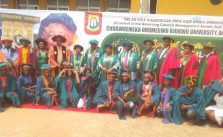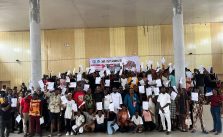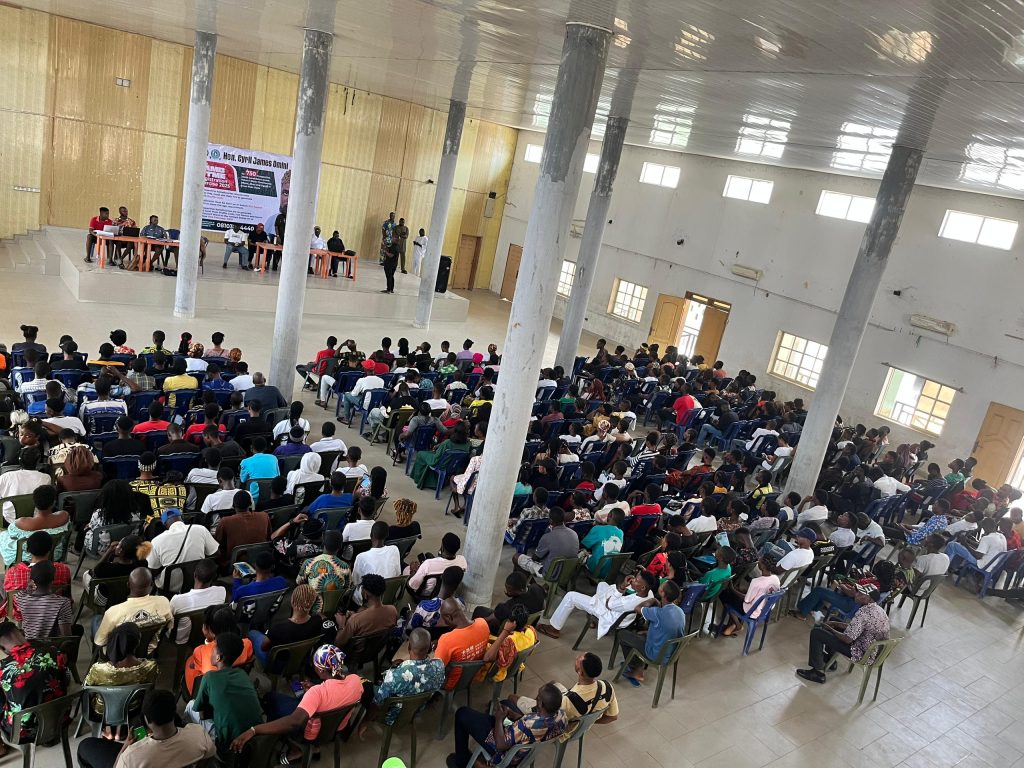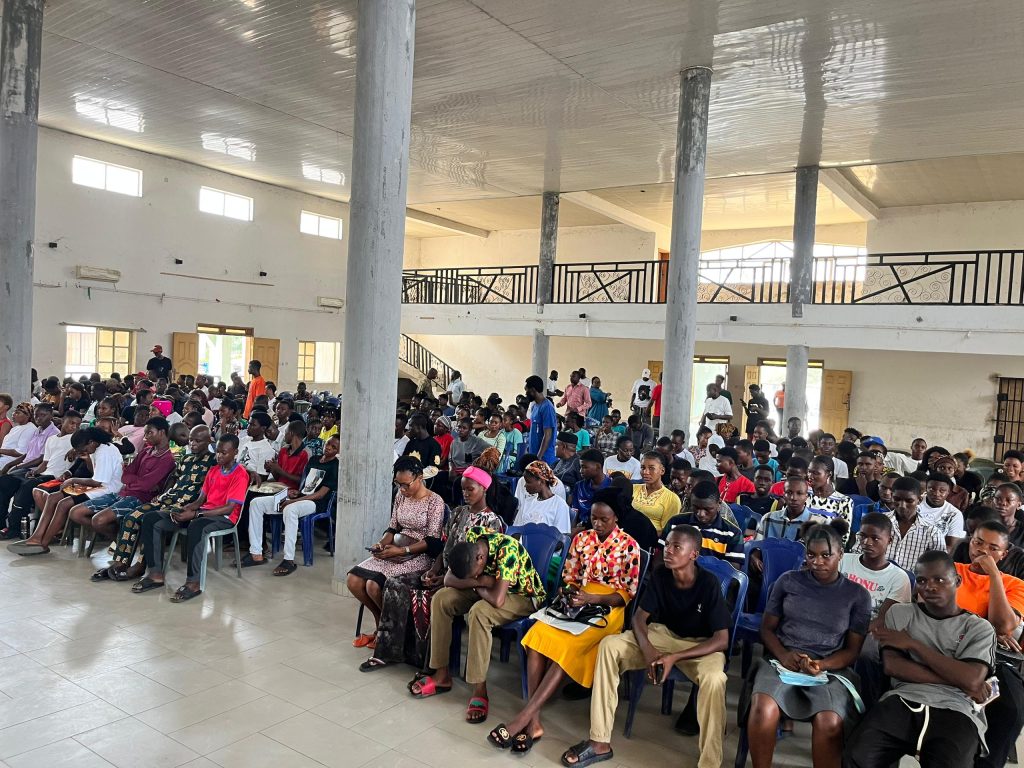Last week, we looked at mobility patterns in East Africa noted the growing emphasis on arrangements and frameworks that are beneficial for both sending and receiving countries. This week, we provide a little more context for understanding opportunities and challenges in Rwanda – and they are quite different than what they would be in other established outbound markets.
Fast facts
Population: Over 13.2 million, with 1.8 million in the capital city of Kigali.
Youth: Three-quarters of the population is under 35, and the median age is 19.
Geography: Rwanda is in central/eastern Africa, bordered Uganda, Tanzania, Burundi, and the Democratic Republic of Congo (DRC).
Unemployment: The youth unemployment rate was 18% in 2023.
Languages: The Conversation notes that “99% of Rwandans speak Kinyarwanda – a Bantu language and the country’s mother-tongue – and Rwanda has three other official languages: French, English and Swahili.” Rwandans used to favour French over English, but after the genocide of Tutsis in the late-90s and a popular perception that France did not do enough to stop it, there was a quick transition to English.
English: The EF Proficiency Index ranks Rwanda 22nd of 24 countries in Africa for English proficiency. The language of instruction is English and improving English-language proficiency is a priority for the government.
Join 37,000 subscribers
and stay up to date on International Recruitment
Religion: Christianity dominates, and the Muslim population makes up only 1% of the total.
Outbound: UNESCO counted 6,900 students from Rwanda abroad for tertiary education in 2022. That is a relatively small number, but it is growing, albeit relatively slowly. In 2023/24, the US hosted 1,310 Rwandan students, down 4.5% from the previous year. Canada hosted 2,785 – a doubling over the previous year. Smaller numbers of Rwandan students are in India, France, DRC, Uganda, and South Africa.
Inbound: 9,000 students in 2024, up from 1,400 in 2017.
Rwanda is one of the most interesting countries in Africa – in general, but also in terms of education. Increasing the enrolment rate at all school levels, improving quality, moving towards sustainability, and digitisation have been goals of the government for years. President Paul Kagame, who has been in power since 2000, has had a longtime aim of making Rwanda a knowledge economy and an education hub in Africa. Since 2017, the country has moved from attracting 1,400 international students to 9,000 in 2024.
The government has articulated key goals in its official strategic plan to improve the access, quality, and relevance of education. That plan intends to transform Rwanda from a “predominantly agrarian-based, low-income economy to an industrial upper middle-income nation by 2035.”
The strategy prioritises improvements in the secondary system (especially literacy and numeracy) and vocational training sector (TVET). At the higher education level, it pinpoints STEM fields, manufacturing, construction, health, and education. Across all levels, there is an emphasis on digital delivery models and digital competency.
Challenges in the country’s higher education system include a lack of qualified teachers, a lack of instructors with advanced degrees – affecting the ability of the country to conduct and collaborate internationally on research – and weak links with priority industries and employers. In addition, more than half of higher education institutions are private and not all of them are delivering high quality or relevant education. Private institutions have helped to increase capacity and access, but the government rightly states in its strategy that this is not enough to help the country meet its development goals.
Goal: To become “the Singapore of Africa”
Despite its challenges, Rwanda’s higher education system has improved steadily and on par with the country’s aspirations to be “the Singapore of Africa”– i.e., a regional education hub. The aim for the system is to be relevant to local and regional needs yet also globally connected and competitive – and students from other African countries are clearly impressed. Speaking with the New York Times, Somalian student Rahma Ahmed, an IT and entrepreneurship student at Carnegie Mellon University (founded according to an international partnership) said:
“I was thrilled the moment I got an opportunity to come to Rwanda. Because the other international students shared interesting study experiences, the hospitality of the students was also good, and diversity of the nationalities in the institutions was a bonus among others. And then there’s the money issue. Higher education in Rwanda has long been a lot cheaper than it is in most regions that I have checked out. In fact, almost free, for international students and nationals alike.”
Drice Michaella Ingabire, a Burundian former student at Nu-Vision Cambridge School (a high school, and again a Rwanda-foreign country collaboration), said:
“Rwanda is a country that gives everyone an equal chance. That includes the children of farmers from the remotest corners of low-income countries, who couldn’t possibly think of studying at IVY League universities.”
Open to foreign agreements
The government is open to international collaborations to help it achieve its regional hub ambitions. For example, to address Rwanda’s shortage of qualified teachers, INTO and the British Council joined forces with local providers to deliver a virtual 20-week English-language training (ELT) programme in Rwanda. Students took digital tablets home throughout the course to receive the training virtually.
INTO’s Mike Riley said the project was hugely successful and that Rwandan trainer graduates now pass on their learning to Rwandan teachers. He said:
“It has been inspiring working with teachers across the whole of Rwanda and supporting efforts to achieve a sustainable change in the Rwandan education system. We wish the local English teachers the very best as they deliver ongoing training to local secondary teachers in Rwanda, who we know are excited to put their new skills into practice.”
INTO and the British Council have been involved in training thousands of Rwandan teachers in English in the past few years through various partnerships, including with the Mastercard Foundation.
Countries with universities currently working in higher education partnerships with Rwanda include (click on the hyperlinks to read about them):
In all these cases, the goal is to forge mutually beneficial arrangements that meet Rwanda’s labour market and research needs, and to have more PhD graduates in the country (see this Rwandan-Sweden partnership at the master’s and doctoral levels). The Rwandan government is interested in educational exchanges more than pure outbound mobility, as explained by Dr Robert Ibo Hinson in University World News.
In short, Rwanda is following the “smart internationalisation” pathway coined by Professor Damtew Tefera and advocated in Tibelius Amutuhaire’s Internationalization and Student Mobility: Exploring the Mobility of Higher Education Students in East Africa, which we covered last week on ICEF Monitor. Professor Tefera argues that traditional concepts of internationalisation are Eurocentric/Western and do not benefit the Global South because they are not relevant to the economic and cultural contexts in Africa. He proposes that “smart internationalisation strategies make the process locally focused, though with an international flavour.”
Rwanda offers a fascinating example of the future of internationalisation – more balance between inbound and outbound, and heavily geared towards the needs of the sending country.
For additional background, please see:






